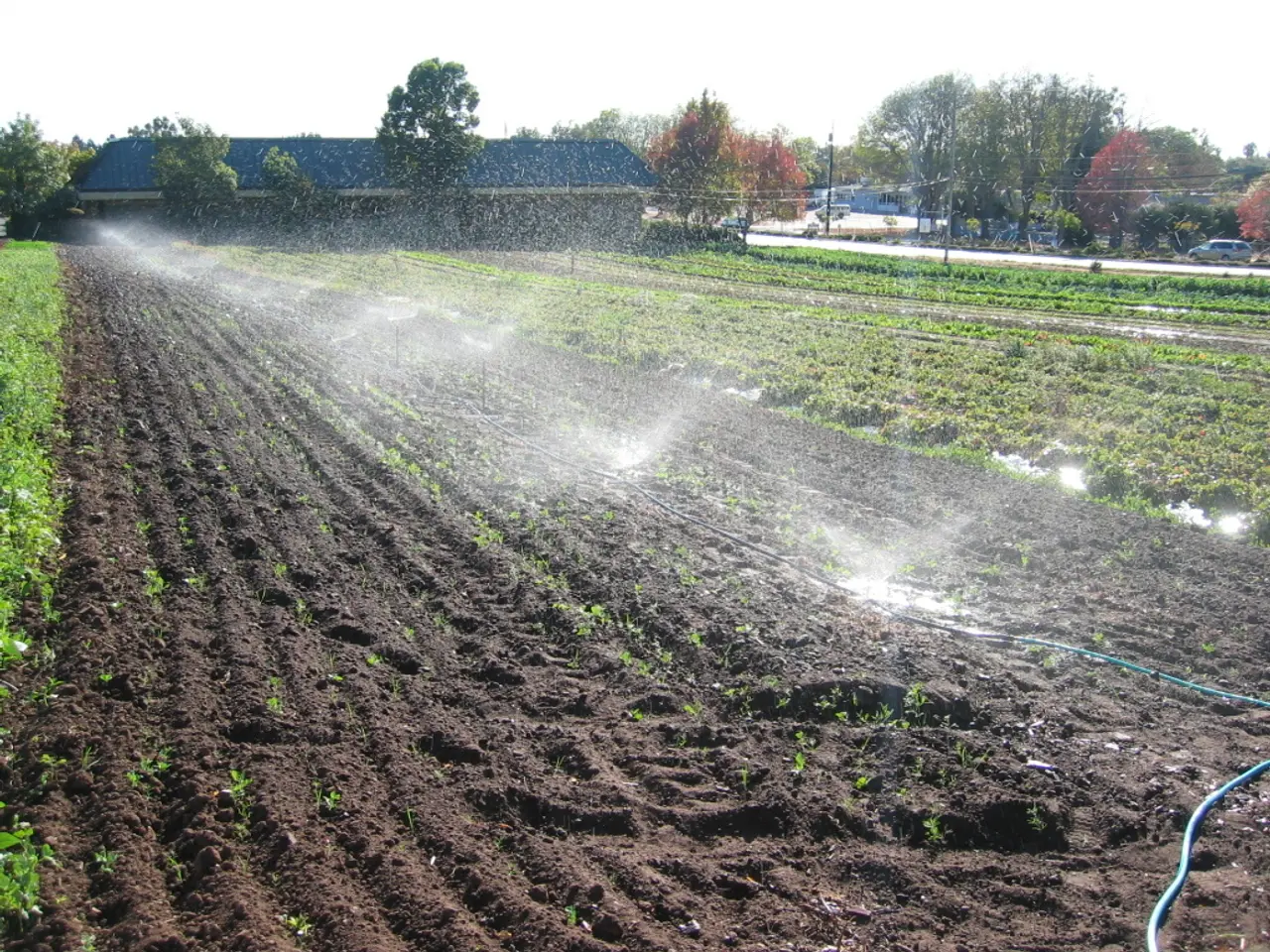Judge selection process sought by Woidke
The appointment of three judges for the Federal Constitutional Court in Germany has entered a contentious political impasse, with the nomination of Frauke Brosius-Gersdorf and Ann-Katrin Kaufhold at the centre of the dispute. This deadlock, which has exposed sharp divisions within Chancellor Friedrich Merz's conservative coalition, has become a highly emotional clash, fuelled by allegations such as plagiarism against Brosius-Gersdorf and intense debate on abortion rights.
The political stalemate is compounded by broader government tensions, with opposition parties such as the Greens and The Left playing a role in attempting to break the impasse. These parties are engaged in the political negotiations that could help resolve the deadlock by advocating for a consensus candidate or applying pressure on the coalition to reach an agreement.
The exact mechanism of how the Greens and The Left influence the resolution process involves parliamentary support dynamics, given that the appointment of judges to the Constitutional Court requires a qualified majority in the Bundestag, meaning the governing coalition often needs opposition support to successfully confirm a candidate.
The deadlock results from internal coalition disagreements, personal controversies around the candidates, and sensitive legal-political issues. Brandenburg's Minister President Dietmar Woidke (SPD) has proposed a fresh start to the process of filling the vacancies, expressing his opinion that the previous approach does not reflect well on the coalition at the federal level.
Reservations within the Union exist about Brosius-Gersdorf, particularly regarding her perceived liberal stance on abortion and her positive stance on mandatory vaccination during the COVID-19 crisis. In response, the SPD has proposed an alternative candidate, Ann-Katrin Kaufhold, as a constitutional law expert.
Woidke has suggested that all candidates should withdraw and for the factions in the German Bundestag to completely restart the procedure. He finds it unacceptable that a qualified candidate has been discredited by some parts of the CDU/CSU.
Alexander Hoffmann, CSU parliamentary group leader, suggested putting together a new package of judges, a move that was met with resistance from the SPD and the Greens. The removal of the election from the Bundestag's agenda on July 11 was due to resistance within the Union faction against the SPD's nominated candidate, Frauke Brosius-Gersdorf.
Woidke specifically mentioned the need for the Left party and the Greens to be involved early on in the process, emphasising the importance of finding a solution that reflects the views of all parties involved. The Union has nominated Günter Spinner, a federal labor court judge, as their candidate, adding another layer of complexity to the already intricate political negotiations.
As the deadlock undermines the normal appointment process and threatens the stability of the coalition government, all parties involved are under pressure to quickly find a way out of the current impasse and restore normalcy to the court’s appointment processes.
[1] Source: Die Zeit, July 16, 2022 [2] Source: Tagesspiegel, July 17, 2022
The political impasse over the appointment of three judges to the Federal Constitutional Court involves not only internal disputes within Chancellor Friedrich Merz's conservative coalition, but also parliamentary dynamics and negotiations with opposition parties like the Greens and The Left. [1] [2]
This general news issue regarding policy-and-legislation is complicated by sensitive legal-political disputes, such as abortion rights and mandatory vaccination, which have further fueled the political controversy. [1] [2]








